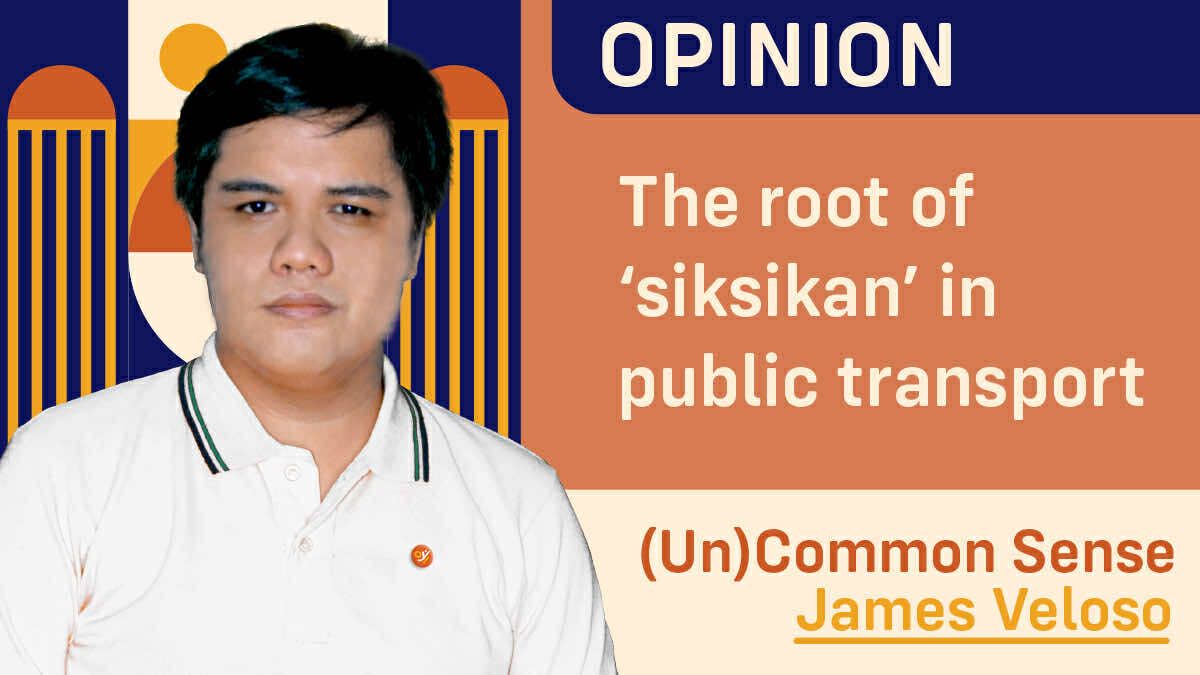I couldn’t help but shake my head at the latest directive of the Department of Transportation (DOTr) and its attached agencies to (once again) strictly enforce the “no siksikan” rule on public transport.
The directive stemmed from repeated complaints from commuters about conductors of public utility buses and modern PUVs jamming as much commuters as they can until their vehicles are packed like sardines in a can.
To me, the “sardinas” situation reflects two awful realities of public transportation, not just in Metro Manila but in the Philippines as well.
-o0o-
Point number one: we simply do not have enough public vehicles in our roads.
While the DOTr’s past administrations had made putting up large-scale infrastructure projects such as rail and subway systems on top of their agenda, we won’t see the full benefits of such systems in another five years or so.
The much-touted Public Utility Vehicle Modernization Program (PUVMP), hasn’t really made inroads into our public transport system, partly due to the continuing opposition by several transport groups decrying the exorbitant costs of the new modern PUVs.
And to top it off, the decision made last year by the DOTr to “disenfranchise” unconsolidated PUVs significantly reduced the number of PUVs plying our roads.
Could you blame commuters willing to endure being squashed inside buses and modern PUVs when the only other choice is waiting two to three hours just to catch a ride home?
Point number two: has the DOTr considered the fact that one reason some conductors and operators have resorted to squash passengers inside their units is that they’re trying to break even on their operational costs?
We’ve all heard horror stories of transport cooperatives defaulting on their loans, having their units repossessed, or even halting their operations because they simply couldn’t afford spare parts for their modern PUVs.
-o0o-
Let’s face it: unless you’re a large transport company – and when I say large, I mean Ceres Transport or Victory Liner size – it’s going to be very, very hard to break even, never mind making a profit.
Public transport almost always had had to rely on subsidies and assistance from the government to survive.
But the price of subsidizing transport cooperatives, in my opinion, is miniscule compared to the cumulative losses to our economy and society due to the time spent by our commuters just catching a ride to school or office and back home.
We’re not just talking about lost time; we’re talking about the stress and fatigue caused by waiting for a ride, which in the long run significantly impacts our workers’ overall productivity.
#WeTakeAStand #OpinYon #OpinYonNews #UnCommonSense
